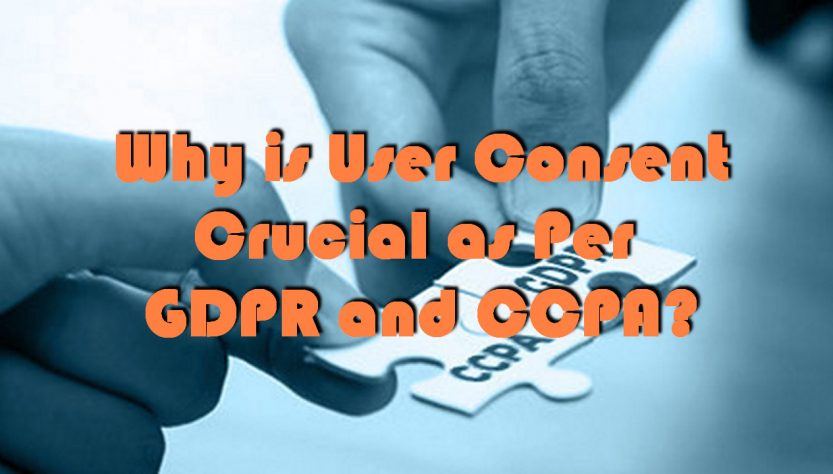Shortly after the enactment of the General Data Protection Regulation (GDPR), we had the California Consumer Privacy Act (CCPA). Both are significant policies when it comes to data privacy of personal information. They have put forth regulations and provisions that set the bar when it comes to user consent, data collection, and disclosures.
As you are struggling to keep your website GDPR and CCPA compliant, you might be asking yourself what is all the fuss about user consent. Does it all matter? It can serve as quite an exhaustive task. Keep reading and have all your answers.
If have you have any more questions when it comes to data privacy regulations and consent management platforms, simply log onto https://ethyca.com/about-consent-management/.
Data Commoditization

Let’s have a look at these companies: Amazon, Apple, Microsoft, Google, and Facebook. What do they all have in common? They make use of personal data to an extent. These companies are some of the most valuable, with market values averaging in the billions. Thanks to the processing of personal data, these companies have been able to establish themselves.
Without proper protection of information, personal data can be manipulated. The GDPR and CCPA are two laws that regulating the access and processing of personal data by businesses and websites. California residents (for the CCPA) and European Union residents (for the GDPR) can control how their data is collected and later on processed.
The issue of consent

The issue of user consent is the backbone of all provisions stated within the GDPR and CCPA. When a user visits a site, user consent is what bars form websites from obtaining their information without their knowledge.
For a website to collect your information, user consent must meet some provisions. Consent must be freely given by an individual without any duress. The organization must also be very specific on the type of data they are collecting and what they will use the data for. If it will be shared with other third parties, this must be clarified.
In addition, user consent must be easily visible and withdrawable. If a user is not comfortable with the terms set, they can choose to opt out.
Organizations are known to be cheeky when it comes to laws and policies. Some have gone to the extent of using dubious means to obtain information. There are substantial penalties for non-compliance. For example, the GDPR has set a 4% penalty on a business for non-compliance (4% of the organization’s annual revenue).
Conclusion
The GDPR and CCPA may have several differences when it comes to applicability and implementation. But one area where they agree is the protection of data consumer rights. For many years, the data privacy of consumers has been infringed and personal information processed unjustly. The transparency advocated for in these two laws will ensure that every consumer knows if their data collected, how, who it is being shared with, and most importantly, can opt-out.

